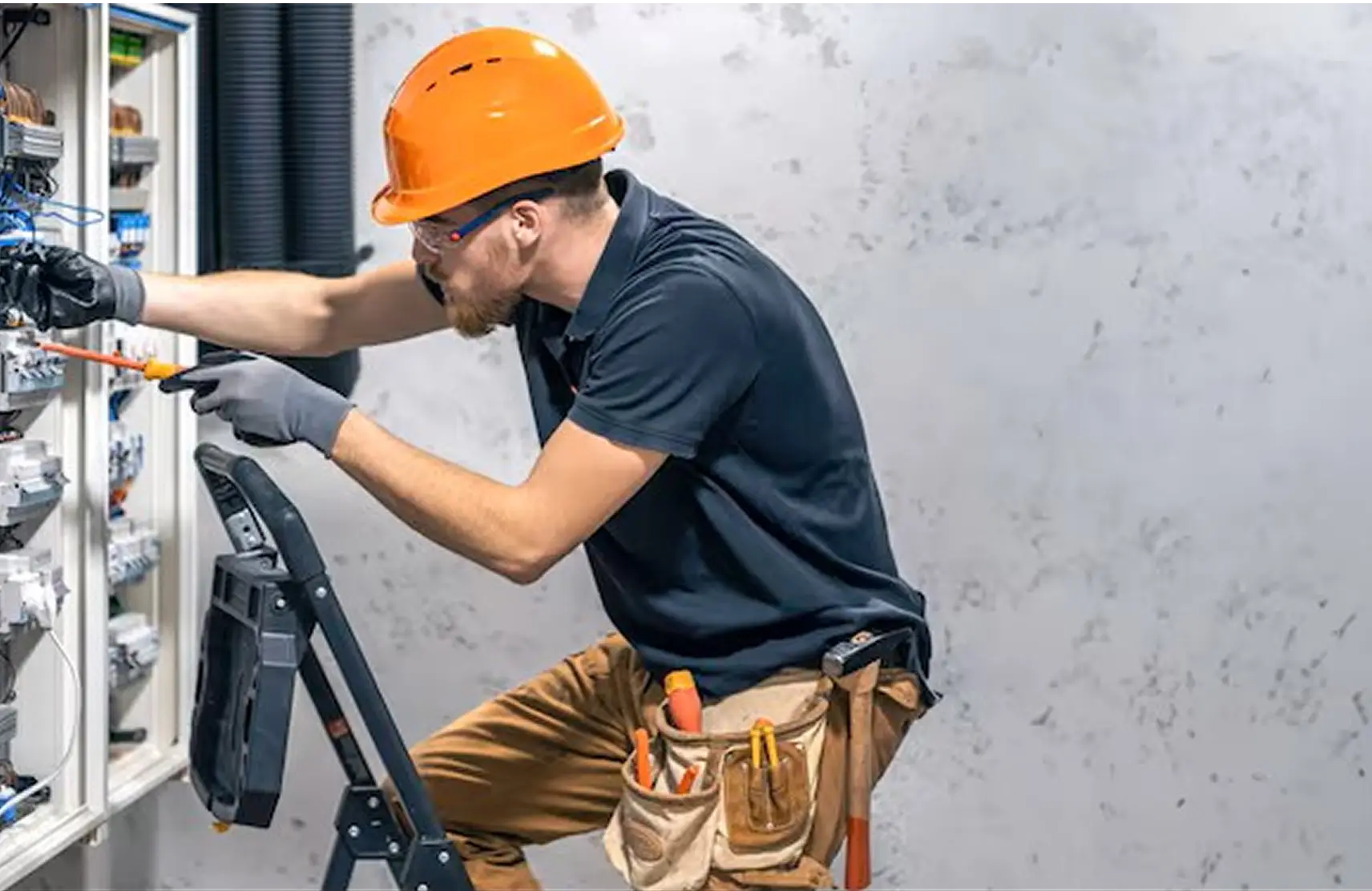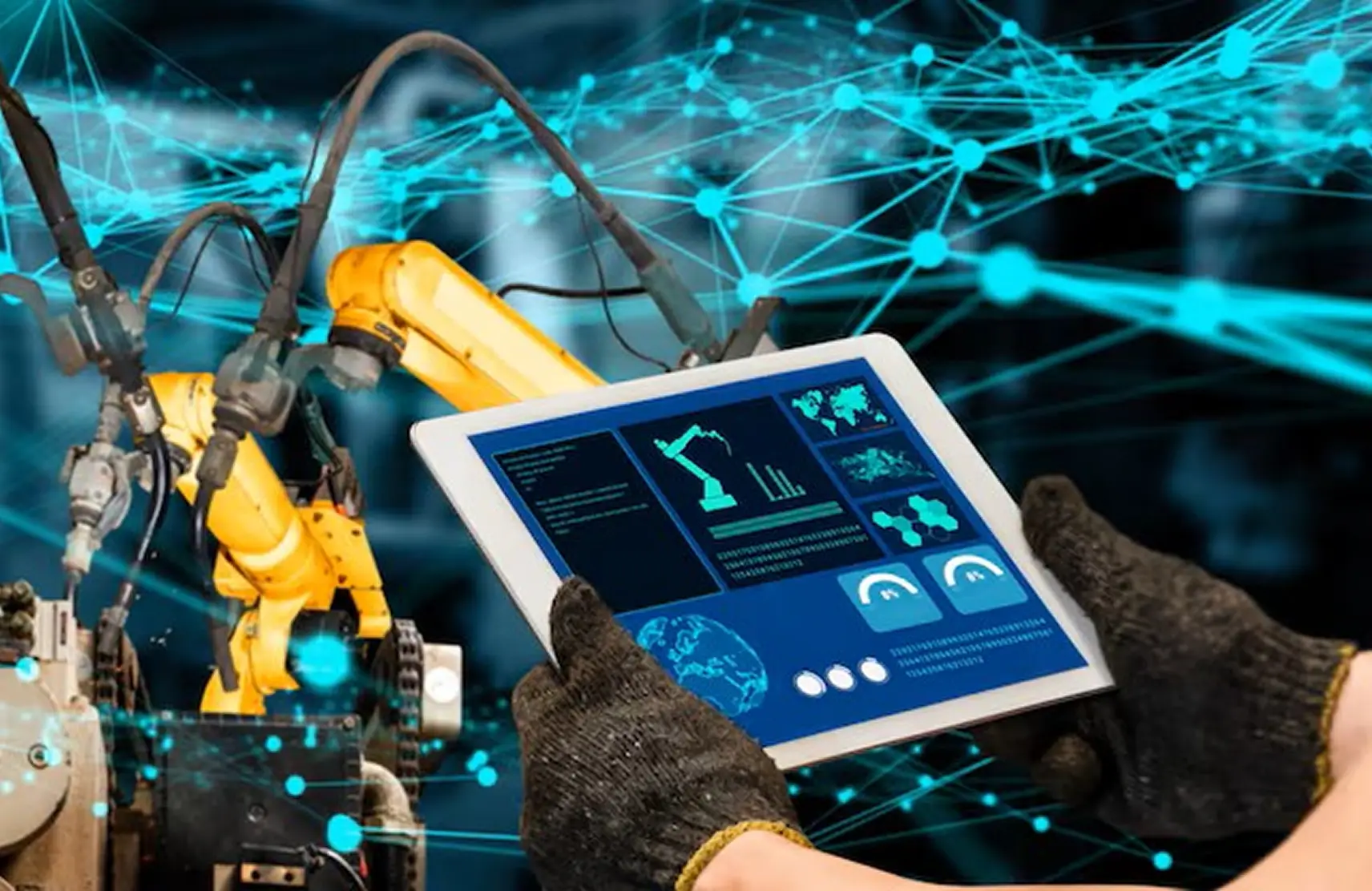
How Preventive Maintenance Saves You from Electrical Failures

How Preventive Maintenance Saves You from Electrical Failures
Electrical systems are the backbone of any home, office, or industrial facility. From powering machinery to keeping lights on, uninterrupted electricity is critical for productivity, safety, and convenience. Yet, many businesses and homeowners overlook one essential practice: preventive maintenance.
Preventive maintenance can save you from costly electrical failures, downtime, and hazards, ensuring your systems run smoothly for years. Let’s explore how.
What is Preventive Electrical Maintenance?
Preventive maintenance (PM) is the regular inspection, testing, and servicing of electrical systems to detect and correct potential issues before they become serious problems.
Key activities include:
- Checking circuit breakers, fuses, and panels
- Inspecting wiring for wear or damage
- Testing emergency and backup power systems
- Cleaning and lubricating motors and transformers
- Monitoring energy consumption for anomalies
Unlike reactive maintenance, which addresses problems after they occur, preventive maintenance proactively reduces risks.
Preventing Costly Downtime
Electrical failures can halt operations instantly, leading to:
- Production losses in industries
- Power outages in offices or commercial buildings
- Delays in critical services like hospitals or data centers
Regular preventive checks identify issues such as loose connections, overheating, or worn-out components, preventing unexpected shutdowns and costly downtime.
Extending Equipment Lifespan
Electrical equipment such as motors, transformers, and switchgear degrades over time due to wear, dust, and environmental conditions.
Preventive maintenance helps by:
- Reducing mechanical stress on components
- Preventing overheating and insulation breakdown
- Detecting early signs of corrosion or electrical faults
This extends equipment life, meaning fewer replacements and lower capital expenses.
Enhancing Safety
Electrical failures are a major cause of:
- Fires
- Electric shocks
- Equipment damage
Regular preventive maintenance ensures safety devices like circuit breakers, relays, and grounding systems function correctly. This minimizes risk to personnel and property.
Improving Energy Efficiency
Faulty or poorly maintained electrical systems consume more power than necessary. Preventive maintenance helps:
- Optimize energy usage
- Reduce wastage due to inefficient circuits or motors
- Detect anomalies that indicate overconsumption
Businesses save money while also contributing to sustainable energy practices.
Compliance and Reliability
Many industries must adhere to local electrical codes and safety standards. Preventive maintenance:
- Keeps systems compliant with regulations
- Helps avoid penalties or insurance claims
- Ensures reliable service delivery to clients or tenants
Preventive maintenance is not an expense - it’s an investment. By inspecting, testing, and servicing your electrical systems regularly, you:
- Prevent costly failures and downtime
- Extend the lifespan of your equipment
- Ensure safety for people and property
- Improve energy efficiency and compliance



